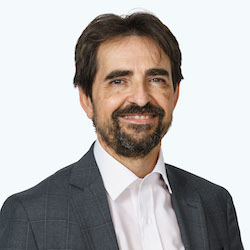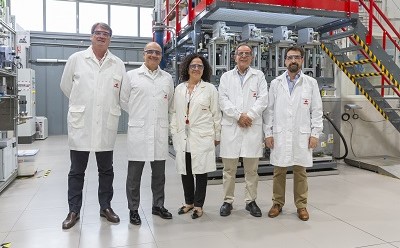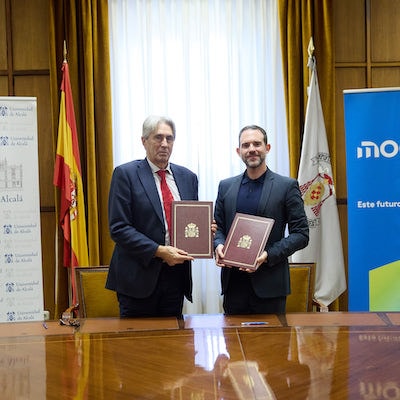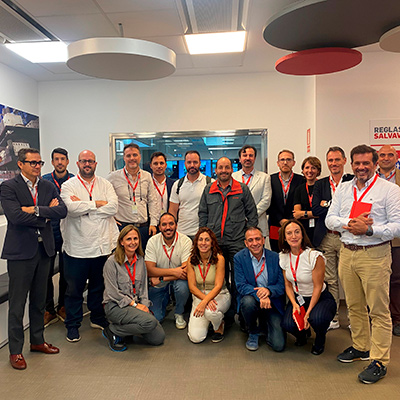- The center has incorporated Avelino Corma as a scientific advisor, founder of the Institute of Chemical Technology and winner of the Prince of Asturias Award for Research
- The Research Center will have four main areas: Energy Transition, Science, Advanced Analytics, and Operational Excellence, helping to make Cepsa a leader in the energy transition
- The company plans to increase its investment in research by more than 50% by 2030 to accompany its new Positive Motion strategy
Thus, the new areas that have been created are: Energy Transition, to research projects related to green hydrogen, advanced biofuels, decarbonization, and the circular economy; Science, as a cross-cutting area that includes digitalization, chemistry, and catalysis; Advanced Analytics, for the development of state-of-the-art analytical methods; and Operational Excellence, which encompasses business-oriented projects to improve process efficiency.
A specific decarbonization team has been put together within the Energy Transition area, focused on promoting the reduction of CO2 emissions. Another team is also focusing on studying and valorizing waste in order to produce advanced biofuels, asphalts, and chemical products, through the recycling of plastics, urban solid waste, used oils, or animal fats for non-food use, among others. This team will strengthen research efforts in advanced biofuels to decarbonize air transport.
Avelino Corma’s incorporation as scientific advisor
To help drive these changes, Cepsa recently hired Professor Avelino Corma as a scientific advisor. This prestigious researcher is the founder of the Institute of Chemical Technology, a joint research center of excellence that belongs to the Polytechnic University of Valencia (UPV) and the Spanish National Research Council (CSIC). The scientist is internationally recognized, especially for his work on applying solid acid and bifunctional catalysts to petroleum refining, sustainable processes, biofuels and fine chemistry. This work led him to win the Prince of Asturias Award for Research in 2014.





